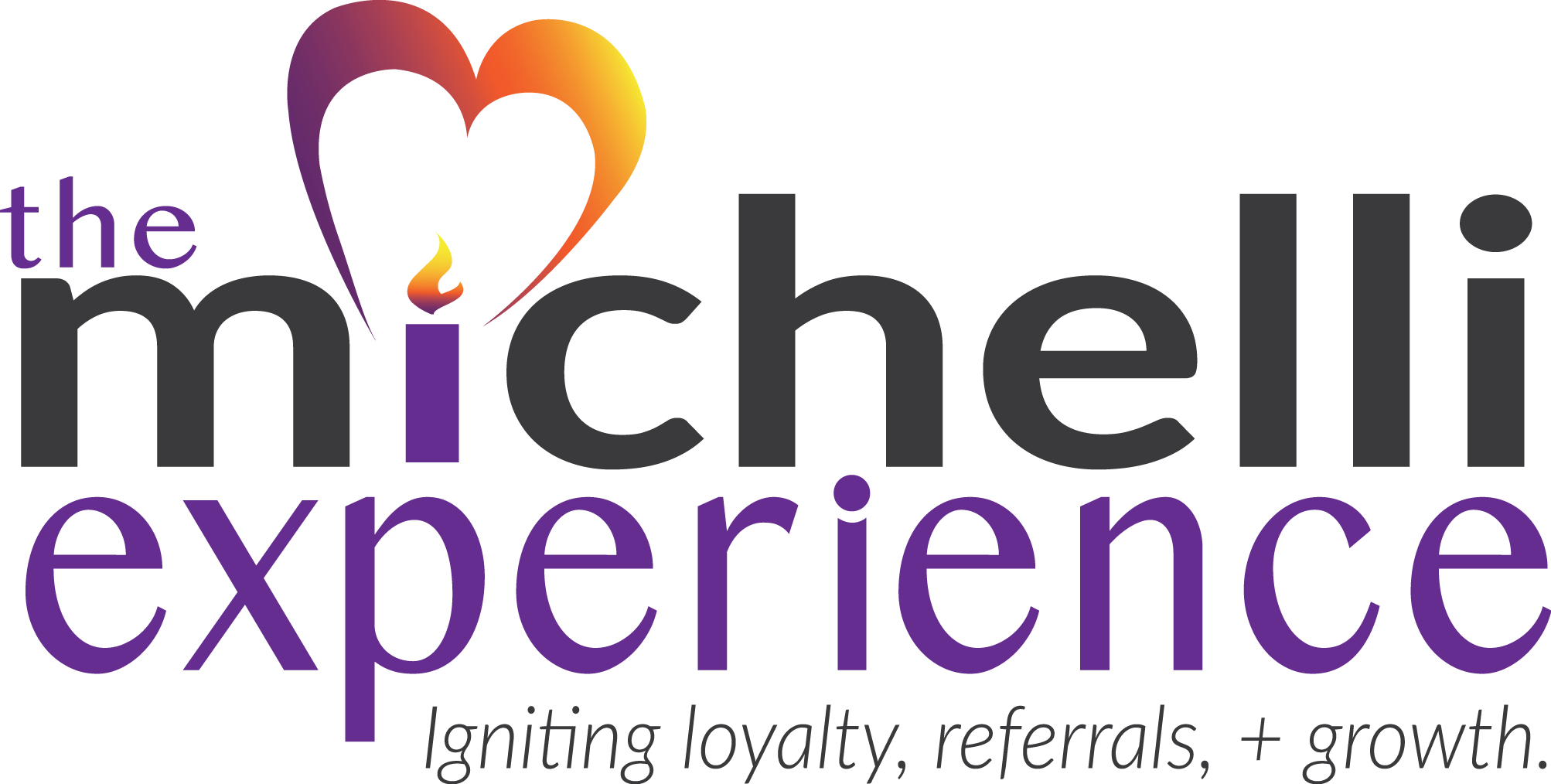This is the last post in a series titled Mindset & Agility – The Rocket Fuel for Customer Experience Success.
In my last couple of posts, I unpacked the first six skills outlined in Professor W. Warner Burke’s research-based model of learning agility, namely:
- Flexibility
- Speed
- Experimenting
- Performance Risk
- Interpersonal Risk Taking
- Collaborating
In this installment, we’ll explore the final three skills presented in Dr. Burke’s book, Learning Agility. Those skills are:
- Information Gathering
- Feedback Seeking
- Reflecting
Let’s first look at each of these abilities from Dr. Burke’s perspective and then explore their application to experience elevation or managing during the pandemic.
According to Dr. Burke:
- Information Gathering is deploying varied methods to retain and grow in an area of expertise.
- Feedback Seeking is asking others for feedback on products, ideas, and overall performance.
- Reflecting is intentionally taking time to evaluate past actions with the goals of learning and continuous improvement.
A few posts back, when talking about Dr. Dweck’s research on a growth mindset, we linked curiosity and customer listening to effective product and process improvement. By contrast, Dr. Burke’s learning agility model builds on a growth mindset by focusing on the importance of slowing down to understand feedback and lessons learned. From Dr. Burke’s perspective, leaders are less effective unless they integrate learnings. To my surprise, 140 leaders took time in the middle of the pandemic to meet with me to process their learnings. Those reflective discussions serve as the source material for my latest book Stronger Through Adversity.
Inspired by Dr. Burke, here are this week’s challenges:
-
- What lessons did you learn throughout the pandemic? How will those learnings help you manage in times of challenge and times of calm?
- How frequently do you and your organization ask for feedback? Who do you ask and how do you leverage that feedback effectively?
- Are you personally willing to ask for feedback at least once a day?
- Take time to list lessons you learned this past week and set a learning goal for the week ahead. Consider making that reflection/planning time part of your weekly routine.
Until next time, may you seek information and feedback while also reflecting on what you’ve learned.

Joseph A. Michelli, Ph.D. is a professional speaker and chief experience officer at The Michelli Experience. A New York Times #1 bestselling author, Dr. Michelli and his team consult with some of the world’s best customer experience companies.
Follow on Twitter: @josephmichelli



